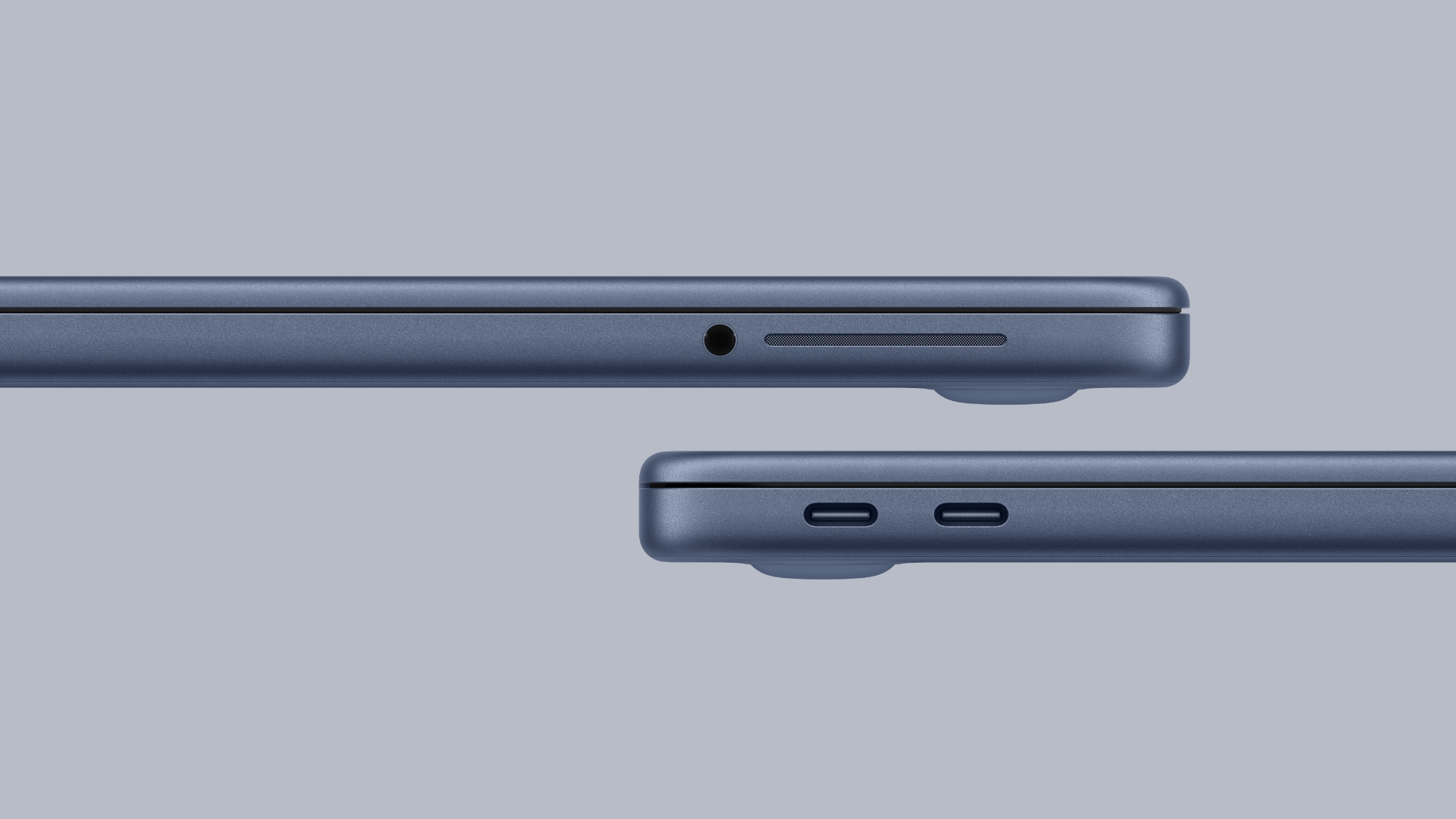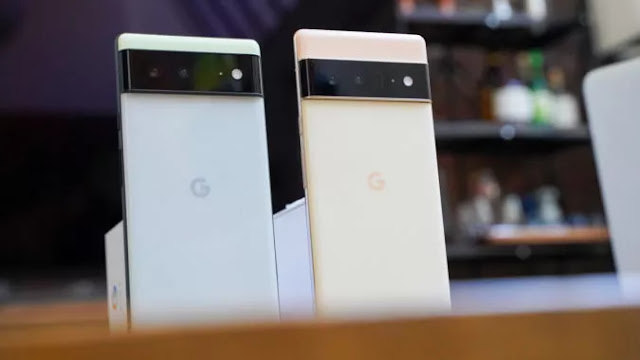|
 Over a decade after it came out with the compact 12-inch MacBook, Apple's Over a decade after it came out with the compact 12-inch MacBook, Apple's
|
|
 The new MacBook Neo is equipped with two USB-C ports, but they are not the same. The left USB-C port supports USB 3 speeds of up to 10 Gb/s, while the right USB-C port closer to the trackpad is limited to USB 2 speeds of just 480 Mb/s. As a result, Apple says external display connectivity is supported on the left port only. The new MacBook Neo is equipped with two USB-C ports, but they are not the same. The left USB-C port supports USB 3 speeds of up to 10 Gb/s, while the right USB-C port closer to the trackpad is limited to USB 2 speeds of just 480 Mb/s. As a result, Apple says external display connectivity is supported on the left port only.
|
|
 Out of all the recreational and workaday-to-holiday Australia-style canopies we've seen over the years, none have looked quite like the new CX-Series from Tekton Expedition. In place of the usual cold metal shell, Tekton applies the composite-shaping expertise it honed on the Out of all the recreational and workaday-to-holiday Australia-style canopies we've seen over the years, none have looked quite like the new CX-Series from Tekton Expedition. In place of the usual cold metal shell, Tekton applies the composite-shaping expertise it honed on the
|
|
LG will produce two versions of the TV: the C6, and the bright, larger-size C6H.
|
|

Image Credit: Eric Zeman/ Android AuthorityThe January OTA pack for Google Pixel 6 ("oropiole") and Google Pixel 6 Pro ("raven") has started rolling out. The software update brings fixes from December and January that should help Pixel 6 series smartphones run at full speed after numerous bugs and problems seemed to affect the functionality.
Google has revealed that the January software update for the Pixel 6 and Pixel 6 Pro is now available as factory images and full OTA images via the Google Play services website (12.0.0 (SQ1D.220105.007), Jan 2022 - specific device/images links can be found in "sources" below). Those who prefer to wait for the OTA package to ar
|
|
